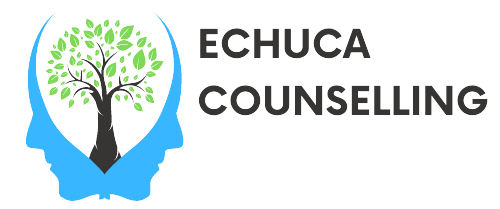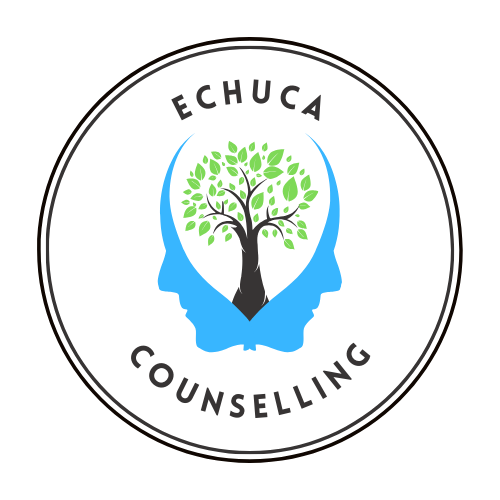Healing from emotional wounds and rebuilding trust can be a complex and challenging journey, but it is crucial for personal growth and healthy relationships. Whether these wounds stem from betrayal, disappointment, or trauma, understanding the process of healing and the role of trust is vital.
1. Acknowledge the Hurt: The first step in any healing process is to acknowledge and accept the pain you’ve experienced. Denying hurt feelings or bottling up emotions can delay healing and prevent genuine recovery.
2. Understanding the Impact: Reflect on how the betrayal or trauma has impacted your life and your perception of trust. This understanding can guide your healing process, helping you to address specific issues and emotional responses.
3. Take Time: Healing cannot be rushed. It’s important to give yourself time to grieve and process your emotions. This period is not just about getting over the experience but about growing from it.
4. Seek Support: Reaching out to friends, family, or professionals can provide the support and guidance necessary during this tough time. Sharing your feelings with others who understand can be incredibly healing.
5. Gradual Trust Building: Rebuilding trust is a gradual process. Start with small steps and as you gain confidence in your ability to judge trustworthiness, you can begin to trust more significantly.
6. Learn from the Experience: Every experience, painful as it may be, also offers valuable lessons. Understanding what went wrong and recognising red flags can be empowering and can help prevent future hurts.
7. Forgive: Forgiveness is a powerful step in the healing process, not necessarily for the other person but for yourself. Forgiving doesn’t mean forgetting or excusing the behaviour, but it allows you to move forward.
8. Set Boundaries: Establishing clear boundaries is essential. They help protect your emotional well-being and create a safe space for your relationships to grow.
9. Therapy and Counselling: Professional help can be invaluable in dealing with deep-seated issues related to trust and emotional hurt. Therapists can offer tools and strategies to facilitate healing.
10. Self-Care: Engage in activities that nurture your body, mind, and soul. Whether it’s exercise, reading, or meditating, find what helps you feel grounded and peaceful.
11. Rebuild Inner Confidence: Trust in others is often a reflection of trust in oneself. Building your self-esteem and self-trust can make you more resilient and better equipped to engage in healthy relationships.
12. Embrace Vulnerability: Allowing yourself to be vulnerable again can be challenging but is essential for building meaningful connections. Vulnerability is not a sign of weakness but of strength.
The journey of healing and rebuilding trust is deeply personal and varies from one individual to another. If you find yourself struggling on this path, consider reaching out for help at Echuca Counselling. Our team is here to support you through your recovery process, offering strategies that cater to your individual needs, helping you restore trust and find peace.




